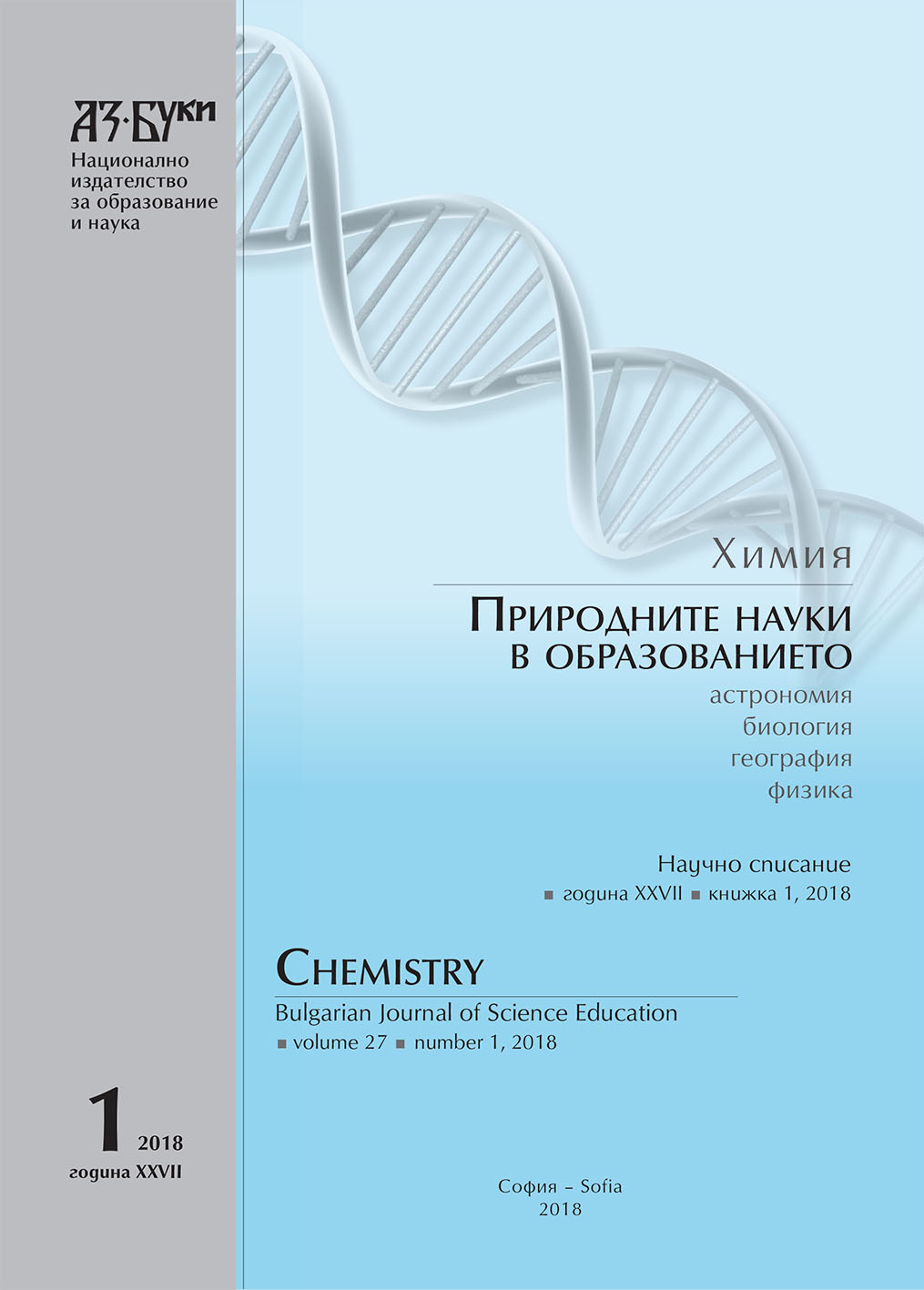Effect of Untreated Olive Mill Wastewater of Seed Germination, Seedling Growth and Biochemical of Maize (Zea mays L.)
Effect of Untreated Olive Mill Wastewater of Seed Germination, Seedling Growth and Biochemical of Maize (Zea mays L.)
Author(s): Manar Abu-Hassan, Ahmad Malo, Nadim Al-MuhannaSubject(s): Social Sciences, Economy, Education, National Economy, Micro-Economics, Sociology, Vocational Education, Adult Education, Higher Education , Inclusive Education / Inclusion, Socio-Economic Research
Published by: Национално издателство за образование и наука „Аз-буки“
Keywords: Zea mays L.; olive mill wastewater; germination; seedling growth; morphology parameter; biochemical contents endosperm; embryo
Summary/Abstract: Olive mill wastewater (OMW) is considered as phytotoxic and thus an environmentally hazardous material, it is one of the most severe environmental factors that reduces and limits growth and development of plants. This study was conducted under laboratory conditions in order to evaluate the effect of OMW at three concentrations on seeds germination and seedling growth of maize (Zea mays L.). Seeds were soaked then placed in petri-dishes and irrigated with 1, 5 and 10% v/v concentrations of OMW. A control was moistened with distilled water. The germination percentage, root and shoot length, phytotoxicity percentage of root and shoot, and contents biochemical like total proteins, oil, total soluble sugars and starch for both the endosperm and the embryo of maize were observed. The results obtained showed beneficial effects using low concentrations of OMW whereas the treated plants with 1% of OMW showed a slight improvement in all the above growth parameters and contents biochemical, but the highest levels 5 and 10% of OMW had a negative effect compared with control.
Journal: Химия. Природните науки в образованието
- Issue Year: 27/2018
- Issue No: 1
- Page Range: 93-108
- Page Count: 15
- Language: English
- Content File-PDF

